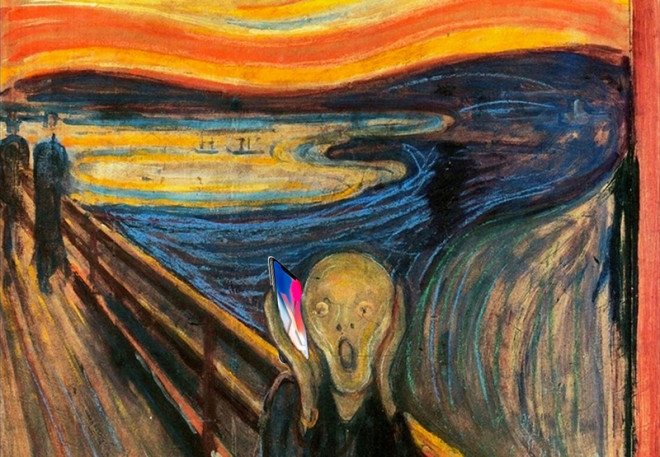“I have measured out my life with coffee spoons”, wrote T. S. Eliot. Today, that line might read, “I have measured out my life in bits and bytes.”
Millions of ordinary people are giving away information of vital interest to governments and corporate entities. We live in a digital world where, willingly or unwillingly, wittingly or unwittingly, we publicise data about ourselves and our way of living both online and via digital hubs (GPS, ATMs, commercial outlets, airport security, transit gates, iPhones, and email, etc.).
National security agencies access the metadata held by telecommunication and Internet-based corporations such as Verizon, AT&T Inc., Vodaphone, Softbank, Apple, Google, Microsoft, Amazon, and Facebook. These corporations engage in full-time surveillance (they call it monitoring) of their “customers” and they share the data they gather with government agencies. In economic terms, this is called “surveillance capitalism”, whose aim, according to sociologist Shoshana Zuboff, is “to predict and modify human behavior to produce revenue and market control”.
The involvement of (inter)national security agencies stems from perceived risk and the complex industry of “homeland security” that sprang up post-9/11. The fact that potential security risks exist has reinforced calls for wider surveillance while simultaneously weakening traditional privacy rights. Risk and the need to reduce it has also invaded ordinary life, where self-monitoring for wealth, health, and time management has created a market for interactive wearable devices such as Apple Watches and Fitbits.
Not long ago, the image messaging service Snapchat released its Snap Map feature, provoking widespread concern among parents and child protection agencies. Snap Map enables users to monitor their friends’ movements and to determine in real time their exact location. It was quickly labelled “stalking software”. But Snap Map is just one among several apps that allow social network users to be monitored without their knowledge and with pin-point accuracy. Some of them (including Echosec, Dataminr, and Picodash) are able to track individuals over time and across multiple social networks.
Given this covert life – revealed in Edward Snowden’s NSA leaks – it’s all the more surprising that people still trust social media. Add to this the alienation implicit in the “likes” and “friendship” of hundreds of unknown contacts, social media could paradoxically be considered highly anti-social. Writing in “The End of the Social Media Era Can’t Come Soon Enough” (Vanity Fair, 23 November 2017), Nick Bilton asks:
“Will a future generation look back in 10, 20, or maybe 100 years from now and wonder, mystifyingly, why a generation of humans believed in these platforms despite mounting evidence that they were tearing society apart – being used as terrorist recruitment tools, facilitating bullying, driving up anxiety, and undermining our elections – despite the obvious benefits and facilitations they provide?”
The answer must be a resounding yes, but it may be too late. By then, people may not be able to live without the instant gratification of digital communications 24/7. What we can hope for is better education about both the positive and negative effects on society of digital technologies and a gradual realisation that human warmth and understanding have no need of machines. But that day may be a long way off.
